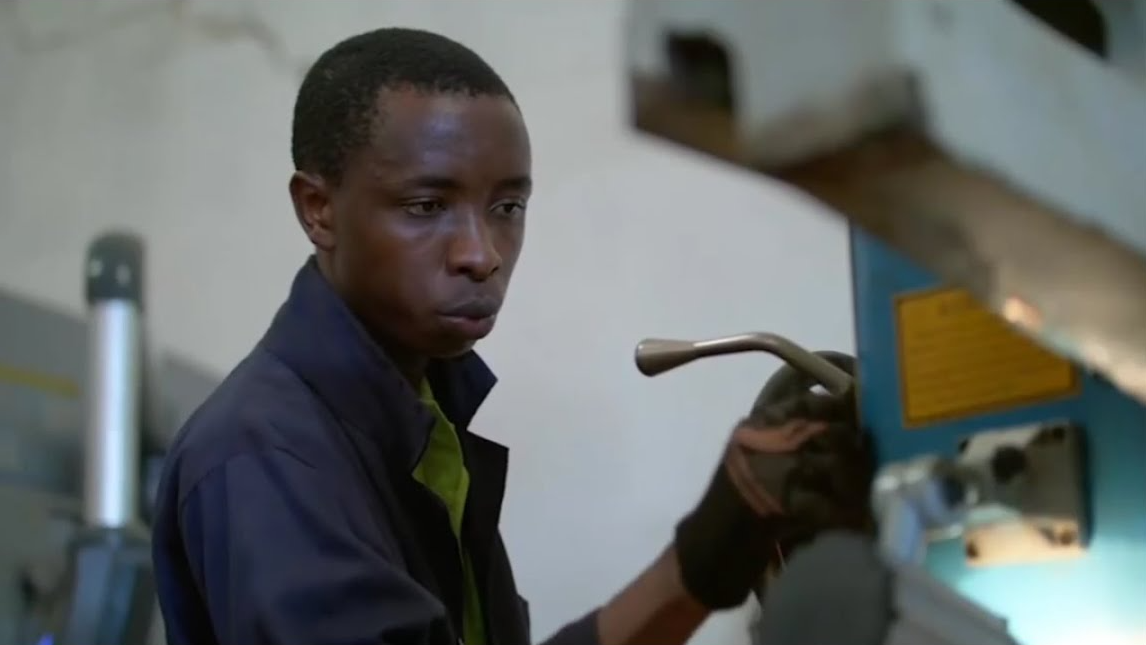
When One Paycheck Stops Making Sense
There was a time—not so long ago—when getting a full-time job meant you were sorted. Rent? Covered. Bills? Handled. You might even save a little or take a short holiday once a year. These days, that math doesn’t add up.
You hear it all the time now. “I’ve got a solid 9-to-5, but if I didn’t work weekends, I’d be flat broke.” That second stream of income? It’s not a luxury. It’s how people are staying ahead—or at least trying to.
For many, the “side hustle” has become the real MVP. Not because they want to overwork themselves—but because it’s the only way to stay above water.
Juggling It All Without Dropping Everything
People think working two jobs means just doing more. But it’s not that simple. It’s mental gymnastics—trying to make sure nothing falls through the cracks.
Tebogo works full-time at a local bank, and on weekday evenings, he manages social media for a startup. On weekends? He shoots photos for weddings. His calendar is color-coded like a rainbow. “If I don’t plan my week on Sunday night, I’m toast by Thursday,” he said.
There’s no room for winging it. You either organize yourself, or chaos organizes you.
Real Talk: What a Hustle Week Looks Like
| Day | Main Work | Side Work | Keeping it Together |
|---|---|---|---|
| Monday | Bank (8–5) | Schedule client content (6–9) | Coffee + Spotify + To-do app |
| Tuesday | Bank (8–5) | Design Instagram stories | Timed phone breaks |
| Wednesday | Bank (8–5) | Free evening (family dinner) | Phone off by 7pm |
| Thursday | Bank (8–5) | Video editing for wedding shoot | 2-hour max screen time |
| Friday | Bank (8–5) | Email scheduling + invoicing | Focus music & quick walks |
| Saturday | — | Wedding photoshoot (9–4) | Power snacks + good shoes |
| Sunday | — | Photo editing + social plans | Light schedule + early bedtime |

The Emotional Drain Nobody Sees Coming
We all clap for the hustle. What we don’t see is how heavy it is to carry.
Lerato, who juggles a teaching job and evening tutoring, described it like this: “My brain is always on. Even when I’m lying in bed, I’m counting hours—how long I can sleep, how many lessons I need to prep, what I forgot.”
It’s not just the physical work. It’s the mental noise that refuses to shut up. And slowly, it wears you down.
When You Start With Love and Stay for Survival
Some side gigs grow out of passion. A hobby, a craft, something you’d do for free if life allowed. But then, reality creeps in.
Siphesihle used to bake for fun—now she bakes for rent. “I love making cakes,” she says. “But lately, it’s starting to feel like I’m running a second job that never closes.” That passion turns into pressure. And when your joy becomes your lifeline, the lines blur fast.
The Tough Trade-Off: Money Now or Progress Later
Here’s the silent killer: when survival gets in the way of growth.
James, a junior software developer, turned down a mentorship program because it didn’t pay. Instead, he drove rideshare during the evenings. “I needed the cash. I hate that I had to say no, but eating this week felt more urgent than a career boost six months from now.”
He’s not alone. Many are choosing daily income over future dreams—because they can’t afford the luxury of patience.
The Problem with “Freedom” in Gig Work
Everyone praises the flexibility of side gigs—no bosses, no punch clocks. But that so-called freedom? It often feels like being always available.
Neo, a freelance designer, told me: “I caught myself working at midnight on a Sunday, not because I had to—but because I felt guilty resting.” That’s not freedom. That’s burnout dressed up in flexible hours.
When You Live at Work Without Noticing
The blur between work and life is real. Boundaries used to exist. Now, people are checking emails during dinner, editing files in bed, and squeezing calls in during school pickups.
For many, the day never fully ends. It just shifts from one type of work to another. Thuli, who teaches during the week and manages her online jewelry store on weekends, said it plainly: “I don’t know when I last had a whole day off. There’s always something to do.”
It’s not multitasking. It’s overfunctioning. And it’s exhausting.
Digital Lifesavers: The Tools We Don’t Talk Enough About
Let’s be real—without tech, most side hustlers would be drowning. Apps are more than shortcuts; they’re coping tools.
From invoicing software to task boards and automatic schedulers, digital tools are the glue holding it all together. Tebogo uses Notion to plan every day. “It’s not fancy,” he says. “It just keeps me from losing my mind.”

Table: The Real MVPs of Side Hustle Life
| Need | Tool in Use | Why It Matters |
|---|---|---|
| Daily Task Management | Notion / Todoist | Clear breakdown of goals |
| Hour Tracking | Toggl / Clockify | Know where time is leaking |
| Payment & Invoicing | Wave / PayPal | No chasing clients for money |
| Social Media Planning | Buffer / Meta Business Suite | Batch-scheduling to avoid burnout |
| Cloud File Storage | Google Drive / Dropbox | Access anywhere without stress |
Why Employers Still Miss the Point
Despite how common side hustles are, many employers still side-eye them. They think working two jobs means you’re unfocused or uncommitted.
What they don’t get is that this is what responsibility looks like in today’s economy. People aren’t distracted—they’re doing what they have to do.
As one friend told me: “I’m not trying to be a superhero. I’m just trying to survive without sinking.” If employers can’t see the dedication in that, they’re not paying attention.
Success Isn’t One-Size-Fits-All Anymore
For some, success used to mean a corner office. A title. A steady ladder to climb. These days? It’s different.
Success now means something else—freedom, dignity, autonomy, a bit of peace. It means covering rent and still having the energy to help your child with homework.
Palesa, who left a full-time job to juggle freelance writing and handmade décor sales, put it best: “It looks messy to some, but I feel more in charge of my life than I ever did at one job.”
It’s Not Extra. It’s Essential.
This hustle life? It’s not a side thing. It’s not “just a phase.” For many, it’s the main way they keep everything together.
These aren’t people looking for praise. They’re just doing what the world demands of them right now—with grit, hustle, and hope. So maybe it’s time we stop calling it “extra” work.
Let’s just call it what it is: real work.